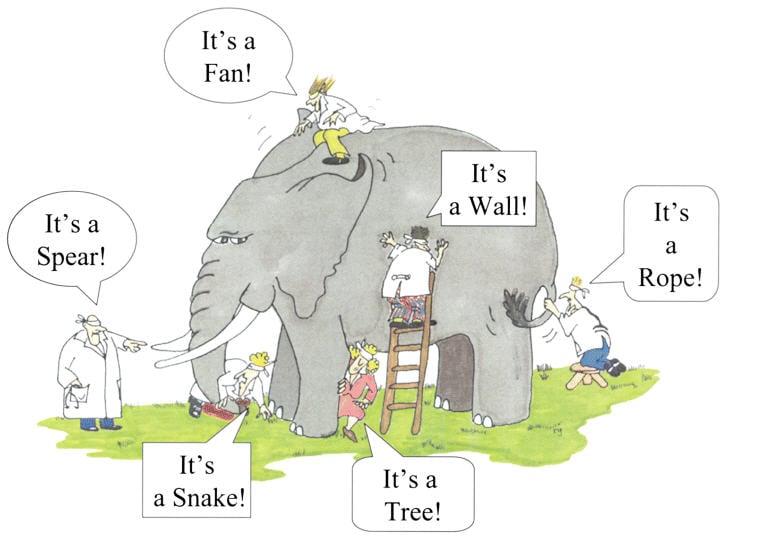Clarity,
Office 17622,
PO Box 6945,
London.
W1A 6US
United Kingdom
Phone/ Voicemail:
+44 (0)20 3287 3053 (UK)
+1 (561) 459-4758 (US).

What are your favorite I Ching books and articles?
What's really opened up your understanding of Yi?
Although most visitors of this discussion board will probably not read German I would nevertheless put Dennis Schilling's Yijing in the spotlight (https://www.amazon.de/Yijing-Buch-Wandlungen-Dennis-Schilling/dp/3458700161/). I have not yet found it's equal in any other language. It is well-researched with copious amount of endnotes and explanations of the translator's choices for a certain translation. But most important:
It has a ribbon. Nothing can beat a book with a ribbon.
What really opened the IChing for me was when I started reading the I Ching from start to finish, that is, not just random lines as an oracle but rather reading all the lines and then reading the hexagrams in sequence and trying to understand why one hexagram led to the next.
for quick readings i use eclectic energies, then i often look up and compare lines on taoscopy. and as Carol Anthony helped me familiarise myself with Wilhelm i still value her Guide, even though i'm much more interested now in books like "The Inner Structure of the I Ching" by Govinda (but not sure yet if it's helping my understanding or only adding to confusion ).
As long as you know Taoscopy's stuff is not the I Ching, it will most certainly add to your confusion, he just writes what he thinks with no connection to Yi at all. I think it's most unfortunate you actually use him as an I Ching resource ?
"The Inner Structure of the I Ching" by Govinda
But dont forget that it wouldnt mattere where in the world you are, be that Tibet, Germany, Hawaii, if the content was relevant to the underlying principles of nature and the ordinqances of heaven, that is of course one way of describing those fundamentals, then a book from any part of the world could and would be relevant, and would add to our repertoire of understanding.

Schilling in English!! Discovered it right now. It seems it was published 8 days ago - feels like a miracle that I was searching for it now.Although most visitors of this discussion board will probably not read German I would nevertheless put Dennis Schilling's Yijing in the spotlight (https://www.amazon.de/Yijing-Buch-Wandlungen-Dennis-Schilling/dp/3458700161/). I have not yet found it's equal in any other language. It is well-researched with copious amount of endnotes and explanations of the translator's choices for a certain translation. But most important:
It has a ribbon. Nothing can beat a book with a ribbon.
Thanks LiSe. Let us know how your think it 'translates' from the German to the English. And also tell us about it's contents: does it include all the "endnotes and explanations" of the original?Schilling in English!! Discovered it right now. It seems it was published 8 days ago - feels like a miracle that I was searching for it now.
If you have trouble with anything, ask me. I am of Swiss origin, and my German dates from long ago, but reading it is not difficult, apart from some words. I can see if Google has it right.Thanks LiSe. Let us know how your think it 'translates' from the German to the English. And also tell us about it's contents: does it include all the "endnotes and explanations" of the original?
And for us US-based folk, it's also on Amazon; https://www.amazon.com/Ching-Changes-Great-Works-Shape/dp/1839641495
Based on Harmen's recommendation, I too tried to Google Translate my way into Schilling, but it did not work out, in part because it took so long and also because I can't really trust Google.
Clarity,
Office 17622,
PO Box 6945,
London.
W1A 6US
United Kingdom
Phone/ Voicemail:
+44 (0)20 3287 3053 (UK)
+1 (561) 459-4758 (US).